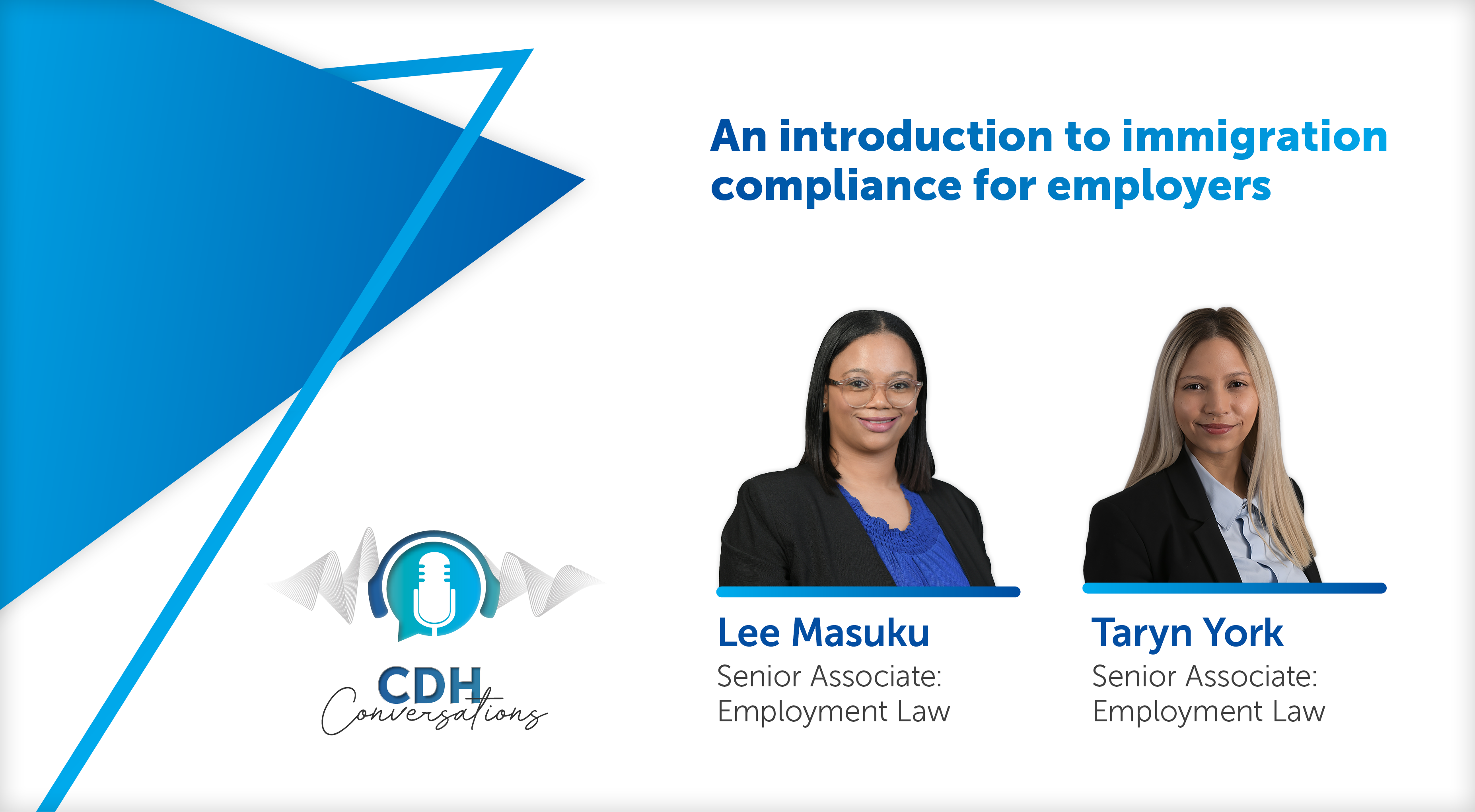Protecting an individual's right to strike amidst widespread violence
At a glance
- The Labour Appeal Court (LAC) issued a judgment regarding an urgent appeal against the interdiction of a national public service strike called by NEHAWU.
- The court considered the legitimacy of the strike and whether it served a collective bargaining purpose, noting that demands or the strike itself cannot be deemed unlawful simply because the employer refuses to meet the demands or budget for them.
- The LAC interdicted all strike action, pickets, or industrial action by NEHAWU pending the final determination of the application for leave to appeal, and NEHAWU was ordered to inform its members and officials of the order.
The respondents in this matter consisted of various public bodies such as the Minister of Finance, the Department of Public Service and Administration, the Minister of Public Service and Administration, National Treasury, and the Public Service Coordinating Bargaining Council. It was contended that the legitimacy of a strike will be determined by the question of whether it serves a collective bargaining purpose. The respondents contended that the strike does not as it serves no collective bargaining purpose and that the applicant had abused the right to strike and it did so illegitimately and unlawfully.
It was further contended that due to budgetary constraints, National Treasury would not approve the additional wage increases which were being sought. Any collective agreement entered into would have been in breach of Regulations 78 and 79 of the Public Service Regulations, 2016 (Regulations) and thus related in the unlawfulness of the strike itself.
The court noted that demands or the strike itself cannot be rendered unlawful merely because the employer claims that it will not accede to such demands; has not required the approval to accede to such demands; or has not budgeted for such demands. Rather, the court held that this contention by the respondents failed to acknowledge both the power dynamics which collective bargaining seeks to address and the rights of unions and employees to exercise collective power.
The LAC importantly made a point of noting the widespread violence and unlawful conduct inherent in this particular strike as well as the "inaction of [the South African Police Service] in the face of criminal behaviour". In this regard, the court cited the Constitutional Court in South African Transport and Allied Workers Union and Another v Garvas and Others (with the City of Cape Town as an intervening party and the Freedom of Expression Institute as an amicus curiae) 2012 (8) BCLR 840 (CC) to allude to the fact that unlawful conduct and violence committed by others do not eliminate an individual's right to "peaceful assembly".
The LAC substituted the order of 6 March 2023 by indicating that "pending the final determination of the application for leave to appeal and any ensuing appeal", all strike action, picket or any other form of industrial action by NEHAWU has now been interdicted, NEHAWU was ordered to inform its members, officials and all those to whom it had given notice to strike of the order by no later than 13h00 on Monday 13 March 2023.
The information and material published on this website is provided for general purposes only and does not constitute legal advice. We make every effort to ensure that the content is updated regularly and to offer the most current and accurate information. Please consult one of our lawyers on any specific legal problem or matter. We accept no responsibility for any loss or damage, whether direct or consequential, which may arise from reliance on the information contained in these pages. Please refer to our full terms and conditions. Copyright © 2026 Cliffe Dekker Hofmeyr. All rights reserved. For permission to reproduce an article or publication, please contact us cliffedekkerhofmeyr@cdhlegal.com.
Subscribe
We support our clients’ strategic and operational needs by offering innovative, integrated and high quality thought leadership. To stay up to date on the latest legal developments that may potentially impact your business, subscribe to our alerts, seminar and webinar invitations.
Subscribe



